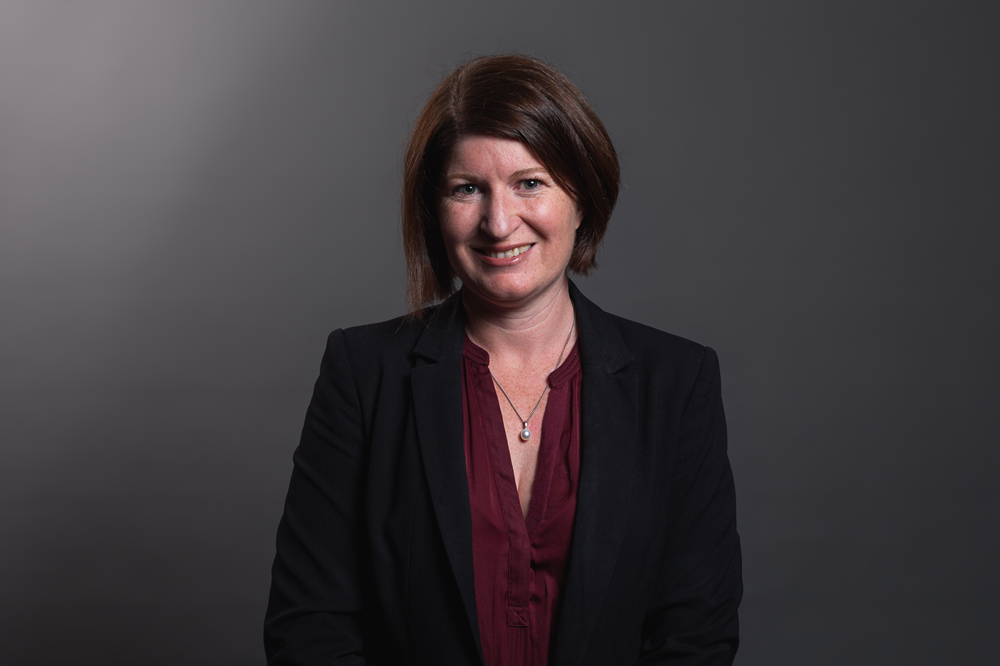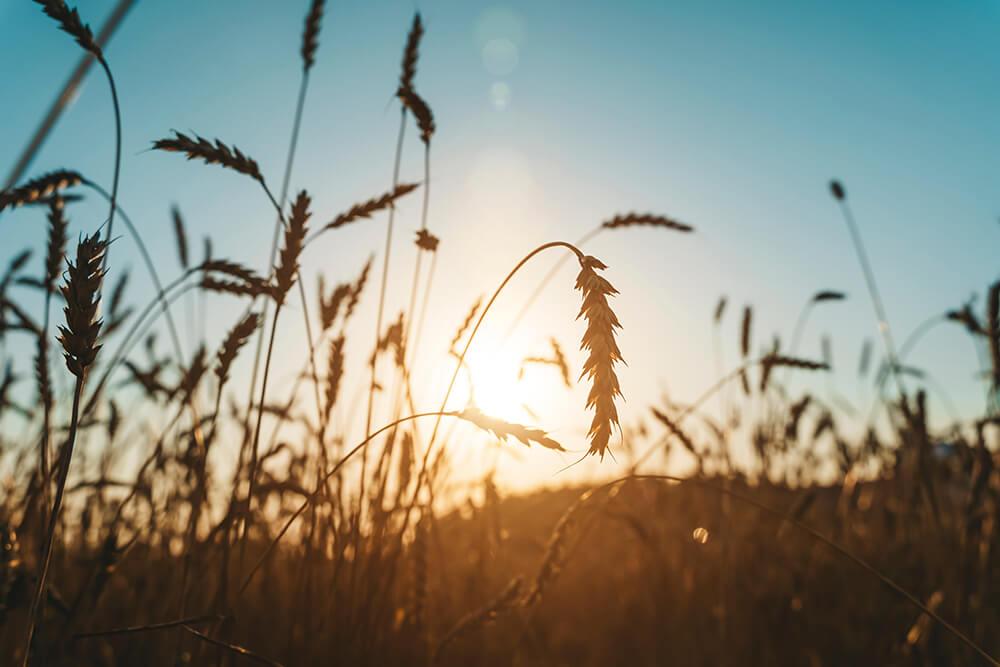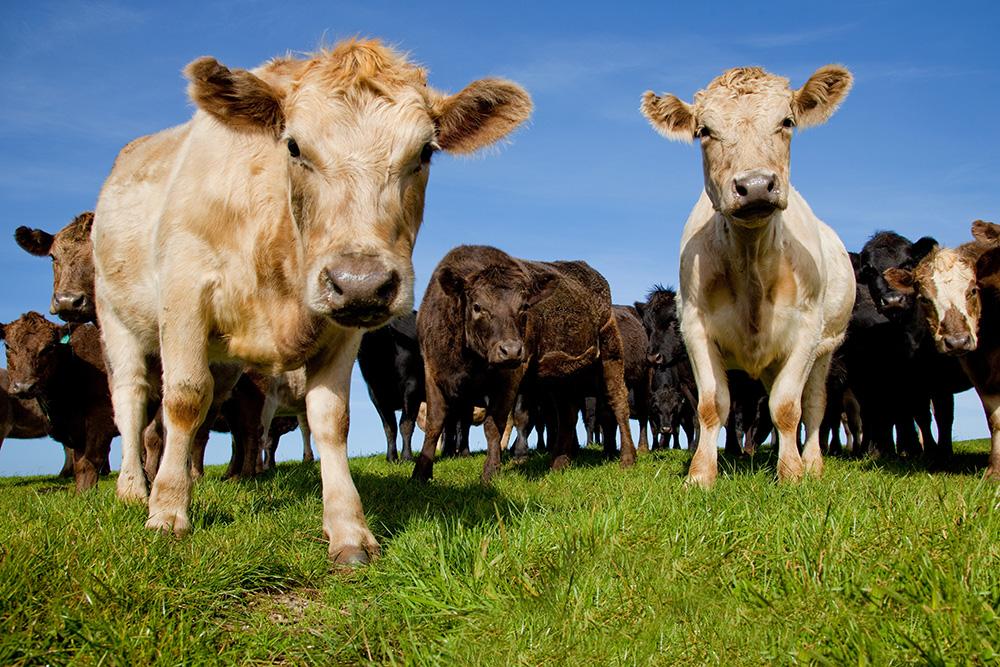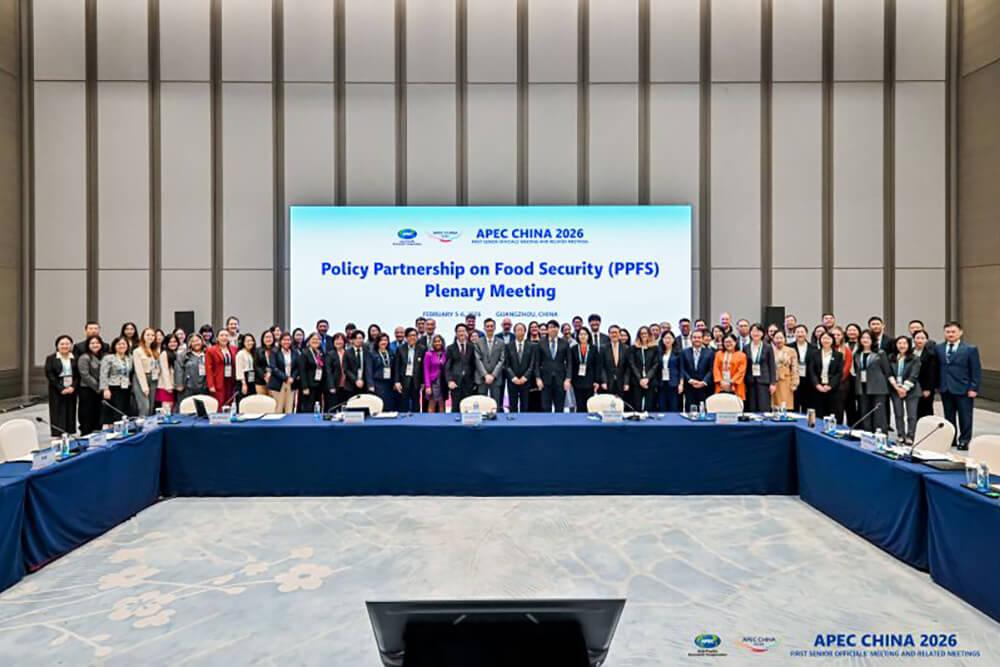Women are increasingly staking their claim in the agricultural sector, with more than 88,000 women working in agriculture in 2023.
Celebrating International Women’s Day on Friday 8 March, Department of Agriculture, Fisheries and Forestry Deputy Secretary Tess Bishop said women account for more than a third of the agricultural workforce, making significant yet often unrecognised contribution to businesses and communities across Australia.
“International Women’s Day celebrates the contribution women make to society and women are increasingly recognised for their achievements in the agricultural sector,” Ms Bishop said. “Women have long played a vital role in agriculture and have often been overlooked. Today is about celebrating and recognising the diversity of our sector and the key role women hold now and for future growth.
“An increasing number of women are achieving qualifications in agriculture, including agricultural science, animal husbandry and wool science.”
Earlier this year, the department announced a new online portal to increase the diversity of candidates for our board appointment processes.
“Our department is very proud to have a gender balance on portfolio boards of 48% but we are keen to see more talented women embrace those opportunities,” Ms Bishop said.
Ms Bishop said among the impressive women working in the sector is the recently appointed Australian Chief Veterinary Officer (ACVO), Dr Beth Cookson. Dr Cookson is the first woman to hold the position. She is based in Cairns, Queensland, where she lives with her husband and their two young daughters.
Dr Cookson studied veterinary science in Brisbane before being employed in veterinary positions in Darwin and Cairns. In these roles Dr Cookson was heavily involved in the surveillance for exotic animal pests and diseases in Northern Australia and worked closely with producers and First Nations communities as well as other government and non-government organisations to design and deliver these programs. In 2015, Dr Cookson was appointed as the District Manager for the department's Darwin office and was closely involved with biosecurity operations and leadership of its diverse northern workforce.
Following a stint in Canberra in the animal biosecurity and then the national disaster recovery space, Dr Cookson was appointed Australian Deputy Chief Veterinary Officer in 2022, before being appointed to the role of ACVO following the retirement of Dr Mark Schipp in December 2023. As ACVO, she is Australia’s delegate to the World Health Organisation for Animal Health and chair of the national Animal Health Committee.
"My career is really important to me, and it gives me a lot of energy, which I enjoy. This makes it easy to continue to be fully engaged in a busy career and enjoy a rewarding family life with my husband and daughters,” Dr Cookson said.
"When my children were young, my husband took time out of the workforce to be a stay-at-home-dad and supported me to work full time. I know not everyone has that choice for their family, but it is important to continue to strive to create workplaces and societal norms that allow families more flexibility in the way and pattern they work and which supports more women to focus on their careers, if that is what they want. I try to create that space for the people I work with and encourage a healthy work-life balance”.
Dr Cookson said her key focus as ACVO is to ensure Australia maintains its domestic and international reputation as having a strong national animal health system and robust biosecurity controls that safeguard our animal health status and underpins our agricultural production and trade. She is particularly passionate about regional Australia, and supporting the prosperity of our communities. Dr Cookson looks forward to recognising the significant contributions made to our biosecurity and agriculture successes by those across Australia, including celebrating the many inspiring women in diverse agriculture roles today, and championing those of tomorrow.
Fast facts:
- From 2016 to 2021, the number of women employed in agriculture grew by 7,105 workers, representing almost two-thirds (66%) of the overall expansion in the agricultural industry.
- Sheep, beef cattle and grain farming accounted for 42% of women working in the agricultural sector.
- According to the latest Australian Census, almost half (48%) of women working in agriculture were employed as managers in 2021, down from 52% in 2016. However, their number still increased between 2016 (37,787 female managers) and 2021 (38,275 female managers).
- The department’s gender balance for women on portfolio boards is 48%, with 52% held by men.




